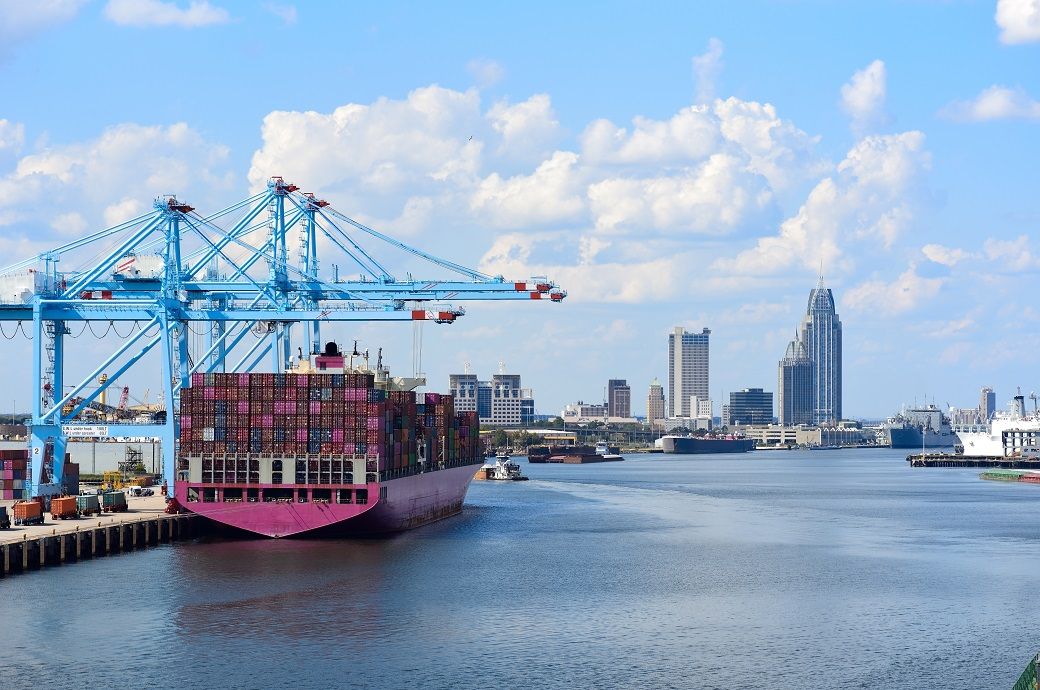
There are currently 80 US-flagged vessels in international commerce, while China has 5,500.
The piece of legislation aims at closing this gap and boost the US Merchant Marine by establishing national oversight and consistent funding for US maritime policy, making US-flagged vessels commercially competitive in international commerce by cutting red tape, rebuilding the US shipyard industrial base, and expanding and strengthening mariner and shipyard worker recruitment, training and retention, a release from Young’s office said.
Young and Kelly originally introduced the act in December last year. Since the introduction, the urgency to boost American shipbuilding has emerged as a priority of bipartisan consensus this year, particularly after the office of the US trade representative revealed the findings of its investigation into China’s shipbuilding dominance and President Donald Trump’s signing of a shipbuilding executive order, said the release.
“Building and staffing more US-flagged ships will create good-paying American jobs, make our supply chains more resilient, lower costs, and strengthen our ability to resupply our military at times of war,” Kelly, a US Navy veteran and the first US Merchant Marine Academy graduate to serve in Congress, said.
The SHIPS for America Act would coordinate US maritime policy by establishing the position of Maritime Security Advisor within the White House, who would lead an interagency Maritime Security Board tasked with making whole-of-government strategic decisions for how to implement a National Maritime Strategy.
The bill also establishes a Maritime Security Trust Fund that would reinvest duties and fees paid by the maritime industry into maritime security programmes and infrastructure supporting maritime commerce.
It would establish a national goal of expanding the US-flag international fleet by 250 ships in 10 years by creating the Strategic Commercial Fleet Programme, which would facilitate the development of a fleet of commercially operated, U.S.-flagged, American crewed, and domestically built merchant vessels that can operate competitively in international commerce.
It will set up a Rulemaking Committee on Commercial Maritime Regulations and Standards to cut through the US Coast Guard’s bureaucracy and red tape that limits the international competitiveness of US-flagged vessels, modify duties to make cargo on US-flagged vessel’s more competitive, requiring that government-funded cargo move aboard US-flagged vessels, and requiring a portion of commercial goods imported from China to move aboard US-flagged vessels starting in 2030.
It will expand the US shipyard industrial base, for both military and commercial oceangoing vessels, by establishing a 25-per cent investment tax credit for shipyard investments, transforming the Title XI Federal Ship Financing Programme into a revolving fund, and establishing a Shipbuilding Financial Incentives programme to support innovative approaches to domestic ship building and ship repair.
It will accelerate US leadership in next-generation ship design, manufacturing processes and ship energy systems by establishing the US Centre for Maritime Innovation, and supporting regional hubs for maritime innovation across the country by establishing a Maritime Prosperity Zone programme.
The legislation will be introduced in two pieces in the Senate, the SHIPS for America Act and the Building SHIPS in America Act.
ALCHEMPro News Desk (DS)
Receive daily prices and market insights straight to your inbox. Subscribe to AlchemPro Weekly!